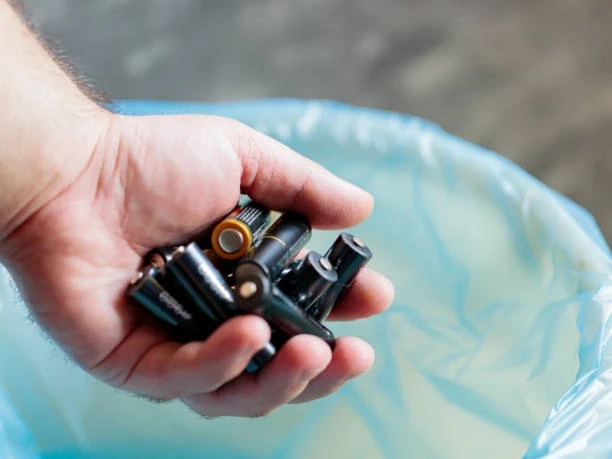In the era of rapid technological advancement, electronic devices have become an integral part of our daily lives. Electronic gadgets have revolutionized our lives and work, from smartphones to laptops to televisions and kitchen appliances. However, with the constant stream of newer and more advanced devices entering the market, electronic waste (e-waste) has become a growing concern. This article will delve into the importance of responsible electronic waste disposal and the environmental and social impacts of mishandling e-waste.
The Escalating E-Waste Problem
The proliferation of electronic devices has led to an unprecedented surge in e-waste. According to the United Nations Global E-waste Monitor, approximately 53.6 million metric tons of e-waste were generated worldwide in 2019. This number is expected to grow, making it crucial to address the issue effectively.
Environmental Impact
E-waste contains hazardous materials like lead, mercury, cadmium, and flame retardants, which can leach into the soil and water if improperly disposed of. These substances pose severe risks to both the environment and human health. Toxic e-waste chemicals can contaminate ecosystems, harm wildlife, and enter the food chain, ultimately affecting human health.
Resource Depletion
Electronic devices are manufactured using valuable and often finite resources such as rare metals, including gold, silver, and palladium. When e-waste is not recycled or reused, these resources go to waste. Responsible e-waste disposal ensures that these materials are recovered and reused, reducing the need for mining and preserving valuable resources.
Energy Consumption
The manufacturing of electronic devices requires significant energy inputs. When e-waste is disposed of improperly, the need for new devices increases, contributing to higher energy consumption and greenhouse gas emissions. Recycling and reusing e-waste can reduce the energy footprint associated with electronic device production.
Data Security Concerns
E-waste often contains sensitive data, and improper disposal can lead to data breaches. Personal and confidential information may end up in the wrong hands, posing a risk to individuals and organizations. Responsible e-waste disposal includes secure data wiping or destruction to protect sensitive information.
Social Responsibility
E-waste disposal is not just an environmental concern but also a social responsibility matter. Many countries export e-waste to developing nations, where informal recycling exposes workers to hazardous conditions. Responsible e-waste management ensures the well-being of workers involved in the recycling process.
The Role of Recycling and Responsible Disposal
Recycling and responsible disposal are essential components of managing e-waste. Recycling allows for the recovery of valuable materials while reducing the environmental impact. Many electronic manufacturers also have take-back programs to facilitate responsible disposal and recycling of their products.
Consumer Awareness
Educating consumers about the importance of responsible e-waste disposal is crucial. People should be aware of recycling options, take-back programs, and the potential environmental and social consequences of improper disposal. Responsible consumers can make informed choices about handling their old electronic devices.
Government and Industry Initiatives
Governments and industries must work together to develop and implement e-waste management policies and regulations. Many countries have established laws and regulations for e-waste disposal and recycling. Industry standards and certifications, such as the e-Stewards and R2 certifications, help ensure responsible e-waste management practices.
Conclusion
As electronic devices continue to evolve and increase, electronic waste management becomes increasingly critical. Irresponsible e-waste disposal harms the environment and poses risks to human health and data security. It is incumbent upon individuals, businesses, and governments to take proactive steps toward responsible e-waste disposal and recycling. By doing so, we can mitigate the environmental impact, conserve valuable resources, and ensure a sustainable digital future for generations to come.
For businesses and individuals seeking reliable e-waste disposal solutions, WCS Junk Removal stands as a trusted partner. Located at 1307 S Federal Highway, Deerfield Beach, Florida, and reachable at 888-851-5865, WCS Junk Removal is committed to environmentally conscious practices, ensuring that electronic waste is handled and recycled responsibly. Their expertise in e-waste management provides a seamless and sustainable solution for businesses and individuals alike.


